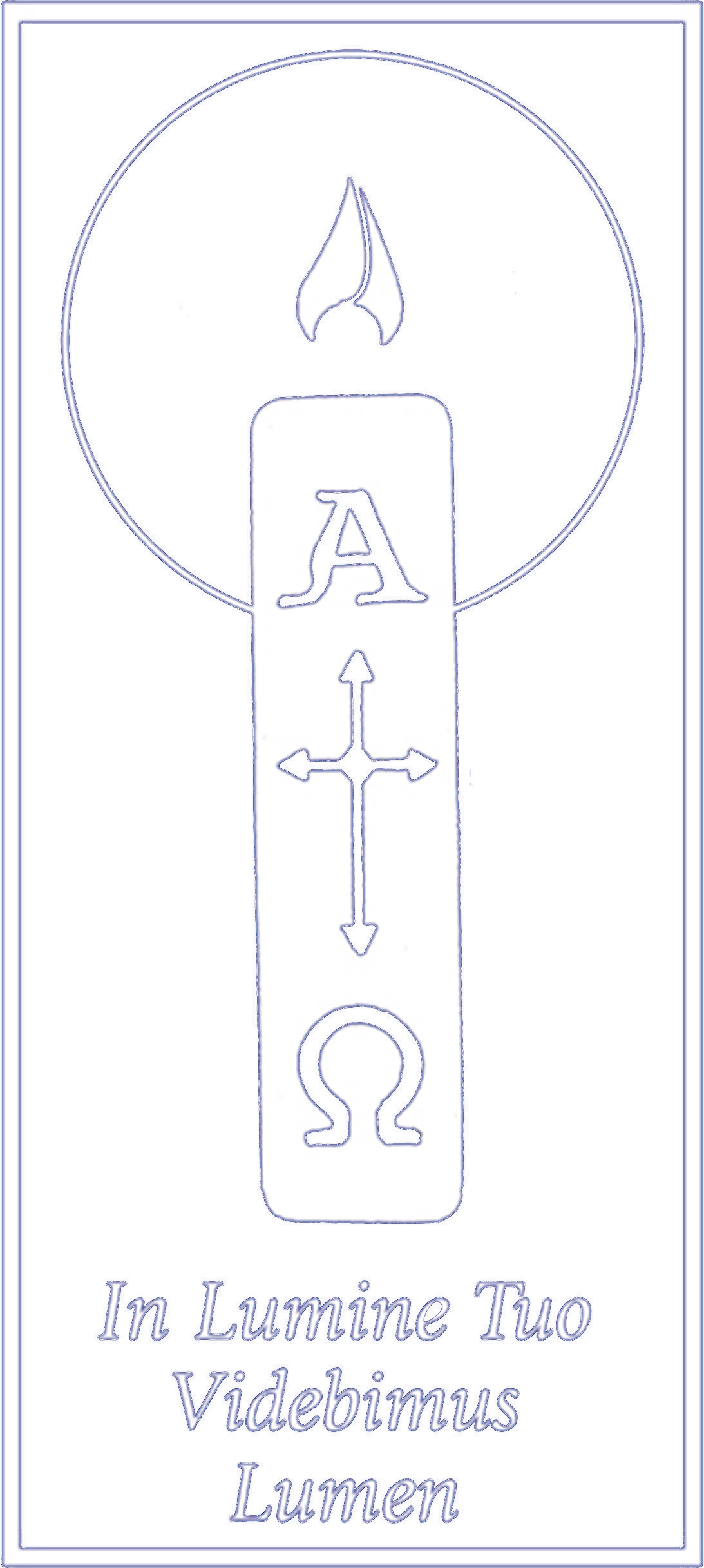The Humanity of the Saints We Study: 2nd Annual Forum on the Vocation of the Patristic Theologian
Lewis Ayres Pontifical University of St. Thomas Aquinas - Angelicum, Rome
Paul BlowersMilligan University
Morwenna LudlowUniversity of Exeter
This reception and forum, following the annual meeting of the North American Patristics Society, is co-sponsored by the Sheptytsky Institute of Eastern Christian Studies and the Hank Center for the Catholic Intellectual Heritage at the Loyola University of Chicago.
“Grace, as we are out to believe, should preserve the pastors of the church and even more their most important actions, but it does not suppress their failures—that would be to suppress their humanity.”
–Émile Mersch, The Theology of the Mystical Body
This forum invites graduate students and scholars of patristics to reflect on the nature of the craft and its relationship to contemporary theological studies, the academy, and church today. A panel of scholars, featuring Lewis Ayres, Paul Blowers, and Morwenna Ludlow, will speak on the nature of the vocation of the patristic theologian through an exploration of the intersection between the humanity within Christian history and the theology we derive from our study.
Lewis Ayres, a lay Catholic theologian, holds the McDonald Agape Distinguished Chair in Early Christian Theology at the Pontifical University of St. Thomas Aquinas - Angelicum, Rome. Previously, he served as the inaugural holder of the Bede Chair of Catholic Theology at Durham University in the United Kingdom. He has also served as a Distinguished Fellow of Notre Dame's Institute for Advanced Study. The core of his research has been Trinitarian theology in Augustine and in the Greek writers of the 4th century. Ayres's period of research into patristic pneumatology has resulted in a collaborative translation of patristic texts on the Holy Spirit, but as yet the much-anticipated monograph on the subject has not appeared. Besides Trinitarian theology in this pivotal period he is also interested in the later development of Trinitarian theology and in the place of Scripture in Early Christianity – both the history of Christian reading practices from the late 2nd century and the history of what can be termed the theology of Scripture itself. He is at present writing a monograph that will concern the shifts in Patristic exegesis between AD 150 and 250. It is provisionally entitled As It Is Written: Ancient Literary Criticism and the Rise of Scripture AD 100-250.
Paul Blowers is the Dean E. Walker Professor of Church History. He is a scholar of patristics and early Christianity and has written also on the Stone-Campbell heritage.
Dr. Blowers graduated from Milligan College and Emmanuel Christian Seminary, and holds a Ph.D. from the University of Notre Dame, where he was a John O’Brien Fellow. He is a former President of the North American Patristics Society and Associate Editor of the Journal of Early Christian Studies, and in 2017-18 was a Henry Luce III Fellow in Theology. Among other works Paul has authored are Visions and Faces of the Tragic: The Mimesis of Tragedy and the Folly of Salvation in Early Christian Literature (2020), Maximus the Confessor: Jesus Christ and the Transfiguration of the World (2016), Drama of the Divine Economy: Creator and Creation in Early Christian Theology and Piety (2012), Exegesis and Spiritual Pedagogy in Maximus the Confessor (1991). He is co-editor of The Oxford Handbook of Early Christian Biblical Interpretation (2019) and has two works of translation of early Christian texts, Moral Formation and the Virtuous Life (2019), and On the Cosmic Mystery of Jesus Christ: Selected Writings of St. Maximus the Confessor (2003). He also has articles in the Journal of Early Christian Studies, Vigiliae Christianae, Studia Patristica, Pro Ecclesia, Church History, Modern Theology, and Studies in Christian Ethics. He has also produced long essays for The Oxford Handbook of Early Christian Studies, the Cambridge History of Christianity, the Oxford Handbook to Maximus the Confessor, and the Oxford Encyclopedia of Biblical Interpretation. He edited and translated The Bible in Greek Christian Antiquity (1997) and was a general editor of The Encyclopedia of the Stone-Campbell Movement (2004).
Paul has presented papers and lectures for the North American Patristics Society, Oxford Patristics Conference, and various specialized conferences including the International Symposium on Maximus the Confessor in Belgrade, Serbia (2012) and the Seventh International Conference on Maximus the Confessor in the Republic of Georgia (2019).
Beyond the classroom, Paul is an active member of Grandview Christian Church and a volunteer chaplain. He and his wife Sandy, a nurse and teacher, have four children and fourteen grandchildren.
Morwenna Ludlow is Professor of Christian History and Theology at the University of Exeter and Canon Theologian at Exeter Cathedral. A scholar of the history of Christian thought in the early church, she also writes about the reception of early theology by modern thinkers. Her latest book Art, Craft, and Theology in Fourth-Century Christian Authors is published by Oxford University Press. She has written extensively on the fourth-century Cappadocian theologian, Gregory of Nyssa, including the monograph, Gregory of Nyssa, Ancient and Post-Modern, which focused on the reception, use and abuse of Gregory by modern writers.





